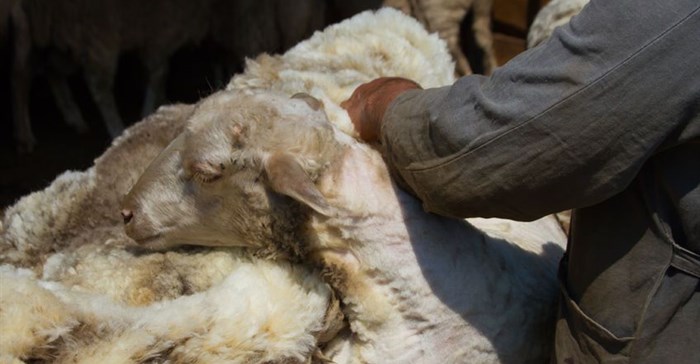
Top stories




Marketing & MediaAI changed how I work as a designer, faster than I expected
Emmanuel Naidoo, Ignition Group 2 hours


More news




ESG & Sustainability
Can Ramaphosa’s crisis committee solve South Africa’s water woes?

















Having the correct equipment is central to bolster efficiency and production volumes for these farming communities that are already pooling their resources together - a collaboration that has seen them making a notable impact in the agricultural sector. Bayer has undertaken to maintain four sheep shearing sheds in addition to furnishing them with essential shearing equipment to help ensure the farmers get the most out of their operations by having access to these essential tools.
Dr György Polgár, head of the animal health’s commercial operation in Southern Africa expressed: “Against the backdrop of a growing population, the role of agriculture is more significant than ever before to meet future demands. It is, therefore, fitting that we create an environment that enables smallholder farmers to be efficient in their businesses and that they have suitable infrastructure to work from which will lead to better yields and improved capital gains. By working with the Eastern Cape farmers, we are hoping to contribute to helping solve one of the major challenges of our time.”
Through Qeqe Wool Growers Association, Sizini Wool Growers Association, Maxhama Wool Growers Association and Mqwashini Wool Growers Association, close to 250 farmers will receive initial support from this initiative with more farmers standing to benefit. Bayer, in partnership with the Eastern Cape Department of Agriculture and Rural Development, intends to expand the initiative in 2018 and 2019.
Polgár concluded: “We are hoping that this support, in the form of time in services and maintenance in these operations, as well as our investment in the form of critical tools-of-the-trade will advance the emerging farmers, by ensuring that they remain active participants in the local economy. Most importantly, the sustenance of their operations guarantees much-needed employment and the promotion of entrepreneurship.”